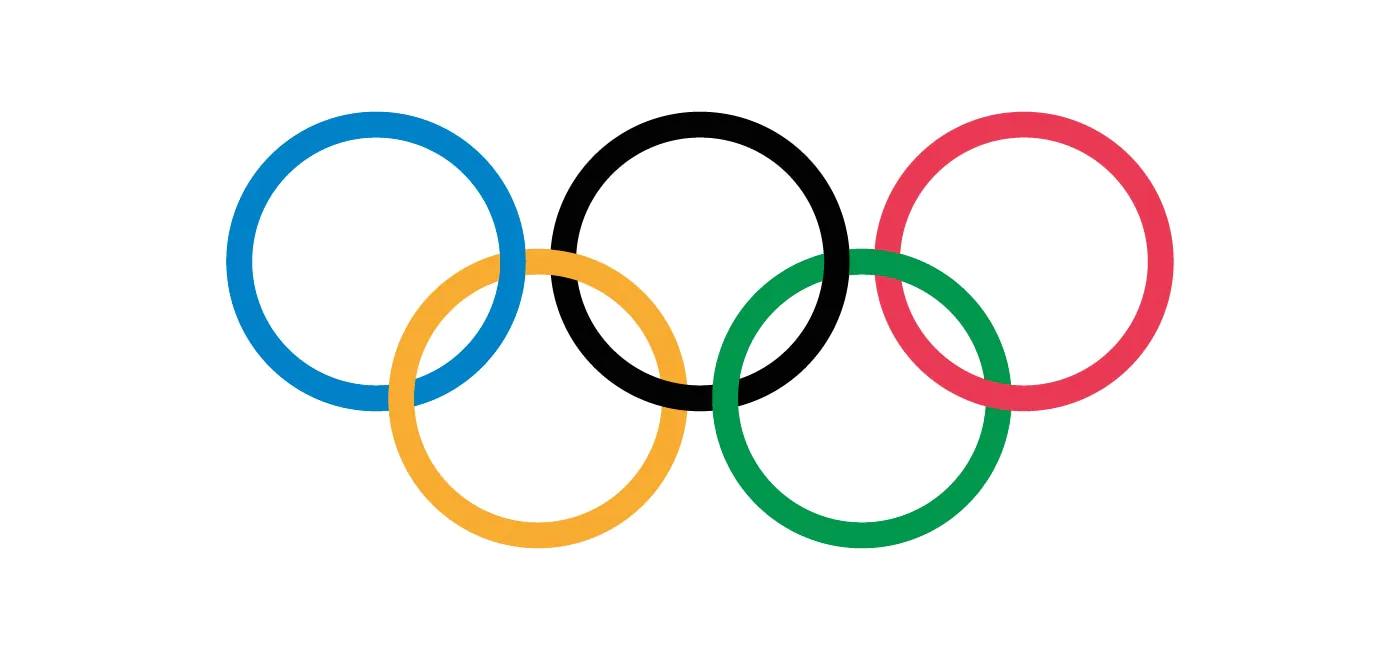Haryana Switch to Hindi
Weak Monsoon in Haryana
Why in News?
According to the India Meteorological Department, due to weak monsoon Haryana may need to contemplate relief efforts for farmers who depend on monsoon rainfall and methods to alleviate water shortages.
Key Points
- According to the data, Haryana ended in a deficit of 38% from its normal as the state recorded rainfall at 114.6mm.
- Monsoon conditions were in a "weak phase" through June and July in the region due to the delay in formation of La Nina, a phenomenon that typically brings favourable monsoon rainfall to the Indian subcontinent.
- Rainfall in deficit zones is expected to improve with the formation of La Nina later in August or early September.
- A researcher from the Center for Study of Science, Technology and Policy (CSTEP) think-tank stated that another climate phenomenon known as the Indian Ocean Dipole, which impacts the waters in the Indian Ocean, is currently in a neutral phase.
- A positive Indian Ocean Dipole (IOD) brings favorable rainfall during the monsoon season.
- In the event of lower-than-expected rainfall following the withdrawal of the monsoon season, experts have indicated that the government will need to implement contingency plans.
- These plans may include providing additional support to farmers, ensuring the availability of water for irrigation purposes, and implementing other water conservation measures.
La Nina
- La Nina means ‘The Little Girl’ in Spanish. It is also sometimes called El Viejo, anti-El Nino, or simply "a cold event."
- La Nina events represent periods of below-average sea surface temperatures across the east-central Equatorial Pacific.
- It is indicated by sea-surface temperature decreased by more than 0.9℉ for at least five successive three-month seasons.
- The La Nina event is observed when the water temperature in the Eastern Pacific gets comparatively colder than normal, as a consequence of which, there is a strong high pressure over the eastern equatorial Pacific.
The Indian Ocean Dipole (IOD)
- IOD, sometimes referred to as the Indian Nino, is similar to the El Nino phenomenon, occurring in the relatively smaller area of the Indian Ocean between the Indonesian and Malaysian coastline in the east and the African coastline near Somalia in the west.
- The El Nino is the warmer-than-normal phase of the El Nino Southern Oscillation (ENSO) phenomenon, during which there are generally warmer temperatures and less rainfall than normal in many regions of the world, including India.
- One side of the ocean, along the equator, gets warmer than the other.
- IOD is said to be positive when the western side of the Indian Ocean, near the Somalia coast, becomes warmer than the eastern Indian Ocean.
- It is negative when the western Indian Ocean is cooler.


Haryana Switch to Hindi
Manu Bhaker Wins Olympic Bronze
Why in News?
Recently, Manu Bhaker who hails from Jhajjar, Haryana won a bronze medal in the women’s 10m air pistol event and bronze at 10m mixed team pistol event at the Paris 2024 Olympics.
- She is the first Indian female shooter to win an Olympic medal.
Key Points
- Medal in 10m air pistol event is the first medal for India at the Paris 2024 Olympics and the first Olympic medal in shooting for India since the London 2012 Games.
- She also won bronze at 10m mixed team pistol event along with Sarabjot Singh.
- She is the fifth Indian shooter to win an Olympic medal, following Rajyavardhan Singh Rathore (2004 Athens), Abhinav Bindra (2008 Beijing), Vijay Kumar (2012 London), and Gagan Narang (2012 London).
- Manu has also won medals at Asian Games (2022), World Championship, Baku (2023), Asian Shooting Championship, Changwon (2023), World Cup, Bhopal (2023), World Championship, Cairo (2022), World University Games, Chengdu (2021) sports events.
Olympics
- About:
- The Olympics are an international sporting event that takes place every four years.
- The goals of the Olympics are to cultivate human beings through sport and contribute to world peace.
- The Olympics include: Summer Games, Winter Games, Youth Olympics Games.
- The Olympics are an international sporting event that takes place every four years.
- History and Origin:
- Olympics trace their roots back around 3,000 years to Ancient Greece's Peloponnese region.
- While the precise starting date remains uncertain, 776 BC is a commonly mentioned year in historical records.
- The first modern Olympics were held in Athens, Greece in 1896 based on the plan of Pierre de Coubertin.
- Olympic Rings:
- The Olympic symbol consists of five interlocking rings of different colors (blue, yellow, black, green, and red) on a white background.
- These rings represent the five continents of the world and symbolize the unity and diversity of nations through sports.












%20MPPCS%202025%20Desktop%20E.jpg)
%20MPPCS%202025%20Mobile%20E%20(1).jpg)



.jpg)






.png)
.png)



 PCS Parikshan
PCS Parikshan



